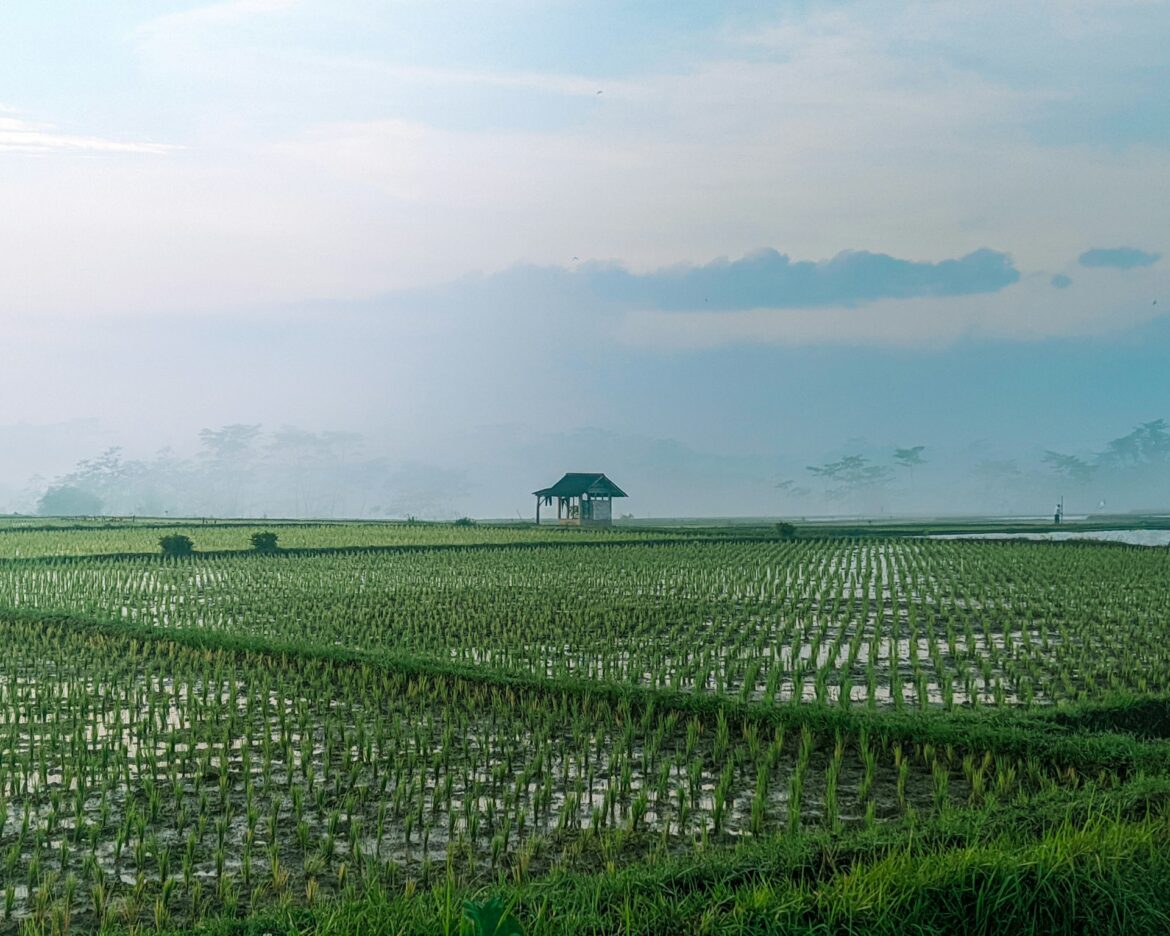Bangladesh stands poised to transform its agricultural success into significant economic gains through enhanced agro-processing capabilities. Despite missing out on substantial opportunities until now, the country’s strong agricultural foundation creates promising potential for value-added processing industries worth billions of dollars. Bangladesh, occupying 0.11% of global land, contributes 2% to global cereal production, demonstrating remarkable agricultural productivity that provides the raw materials essential for extensive processing operations. This agricultural excellence creates a solid foundation for developing sophisticated value-addition industries. The sector shows encouraging growth momentum in specific segments. In Bangladesh, the market for frozen and pre-prepared foods has seen a fast increase, growing by 15% each year for the last five years. The market size was over USD 95 million in 2019 and is expected to reach around 355 million by 2024. This expansion demonstrates the sector’s potential for continued development. Current export performance indicates growing international recognition. Bangladesh’s agro-processed exports are already rising, suggesting increased global demand for the country’s processed agricultural products. Its share of total exports now stands at around 3.5%, representing significant room for growth. Infrastructure challenges present both obstacles and opportunities for strategic development. Most important factor is nonavailability of value addition and processing units. In this landlocked area, there is a severe lack of reliable cold chain facilities, making their shortage a serious problem. Addressing these infrastructure gaps will unlock substantial economic potential. The sector faces modernization needs that create investment opportunities. However, as of now, the agro-based industries in Bangladesh are primarily small-scale and often lack the advanced technology and infrastructure necessary for large-scale operations. Modern technology adoption will drive future growth and competitiveness. Market dynamics support sector expansion. People’s integration in an urban way of life leads to less time available to prepare traditional foods at home, creating increased demand for processed food products. This lifestyle shift presents opportunities for value-added agricultural products. Government recognition of sector potential creates supportive conditions. Challenges include seed quality and climate risks, while opportunities arise from low production costs, fertile land, and a growing market for processed foods and oils, supported by government incentives. To unlock Bangladesh’s potential in agro-processing, which is worth billions of dollars, it is essential to invest together in infrastructure, technology, and cold chain facilities. With proper strategic development, the country can transform its agricultural str
Bangladesh Eyes Multibillion-Dollar Agro-Processing Gains with Strategic Infrastructure Development Push
47


